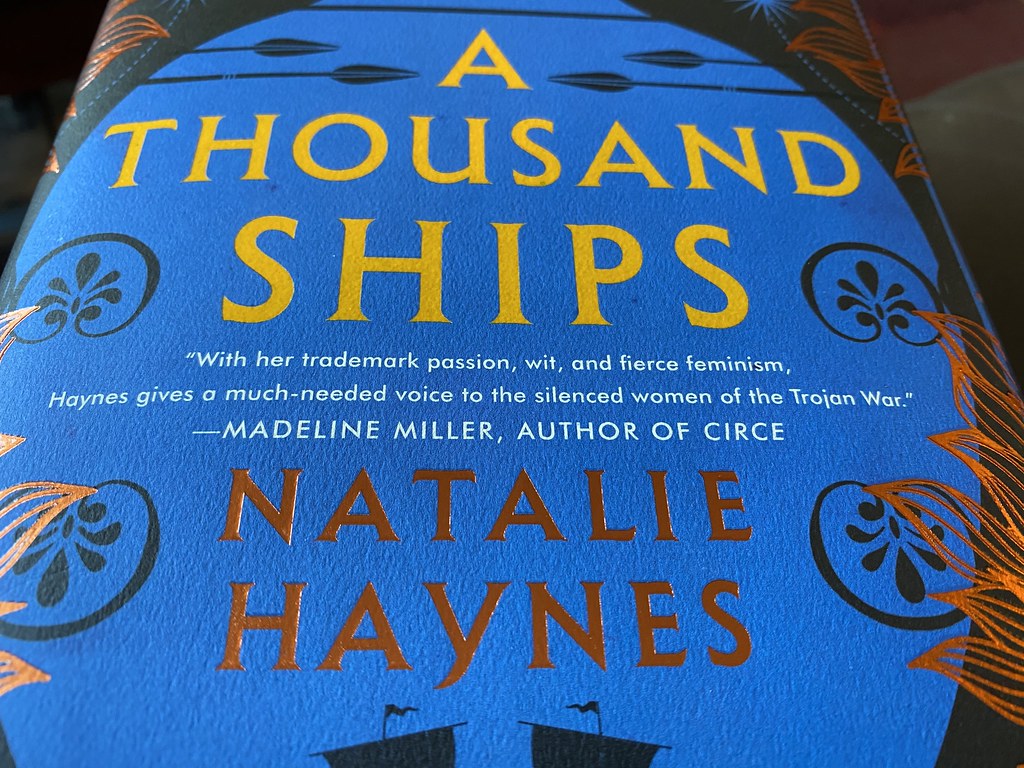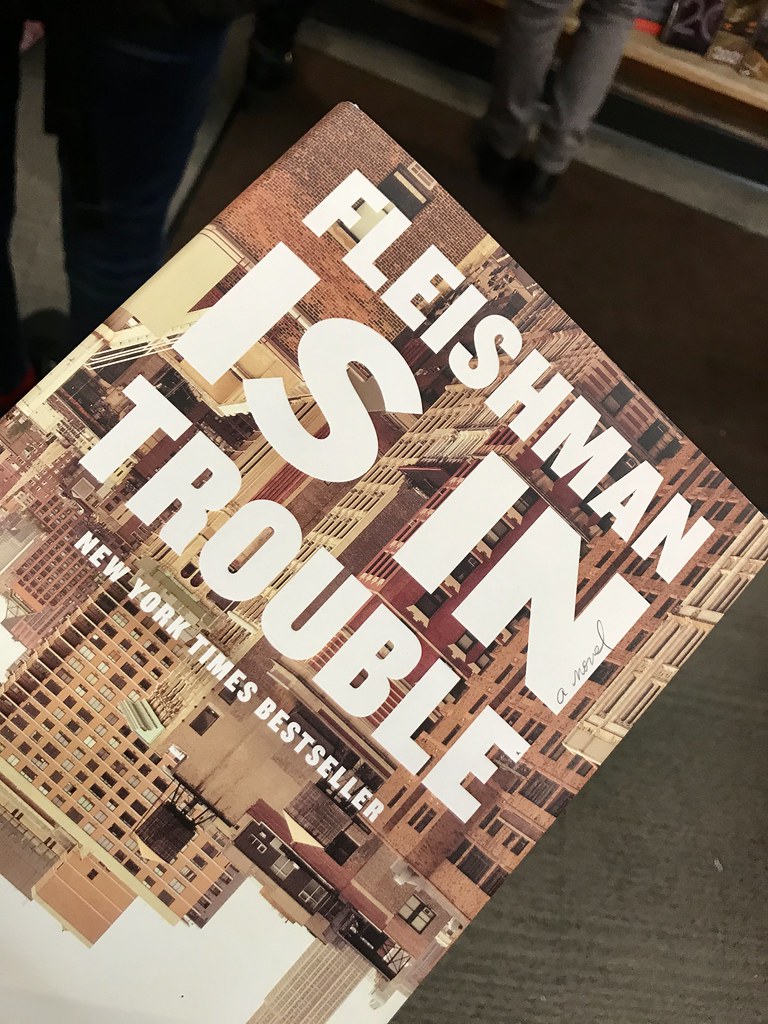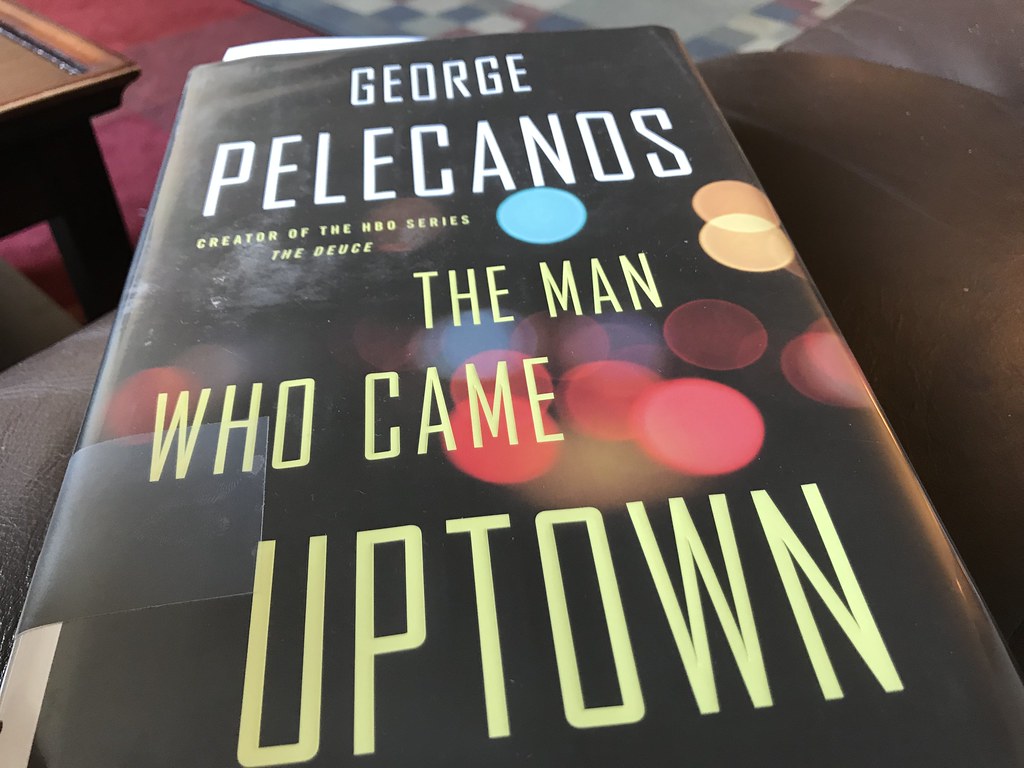
It’s hard to describe The Three-Body Problem by Liu Cixin without giving away the plot. And I don’t want to spoil the surprises in this sci-fi novel.
Instead, I’ll describe the three emotions I felt reading the book:
- HORROR
There’s the commonplace anxieties that make up much of life (and are mined endlessly for literary fiction) and then there’s the cosmic horror when you consider that your life is a mere speck in the universe.
The Three-Body Problem engenders that feeling, especially the more deeply you read into the book. If H.P. Lovecraft studied astrophysics and quantum theory, then you’d get a novel like this one, full of very real and plausible terrors existing in deep space. Things to worry about that you’ve never worried about before, I guarantee it.
It makes you feel unimportant. What is one life, even if it’s yours, compared to the broad sweep of galaxies and the mysteries of space and time?
Matt Haig in The Midnight Library believes that every life is precious. But in Liu’s cold and unfeeling universe, individual lives matter little, compared to the needs of collective humanity.
Which brings me to my next emotion:
2. GRATITUDE
After putting down the book, I had never been so happy to live on a stable planet orbiting a single, predictable sun.
With covid and coup attempts, I thought I was living in a dystopia now. Hah! The problems of 2021 are mere trifles compared to the world-ending dilemma of The Three-Body Problem.
3. IRRITATION
Is it the author or the translator? Did Liu Cixin write these clunky sentences (the dialogue in parts reads like a bad police procedural) or was it the translator, Ken Liu?
This isn’t a book with sweeping prose to thrill the heart. Instead, it plods along with long discursions on radio telescopes and nanoparticles. At times, I paged ahead to see if the plot got going again or if I should give up.
I kept going because it’s a really good mystery that Liu Cixin has set up. It’s a book about ideas – big ones – and not about characters, which are just clumsy pawns set against an unfeeling universe.
So, would I continue? Am I going to read the rest of the trilogy?
No!
While the ideas in the novel are fascinating (and troubling on a human level), I can’t read another huge book of clunky prose. Instead, I’ll wait for the Netflix series.








